

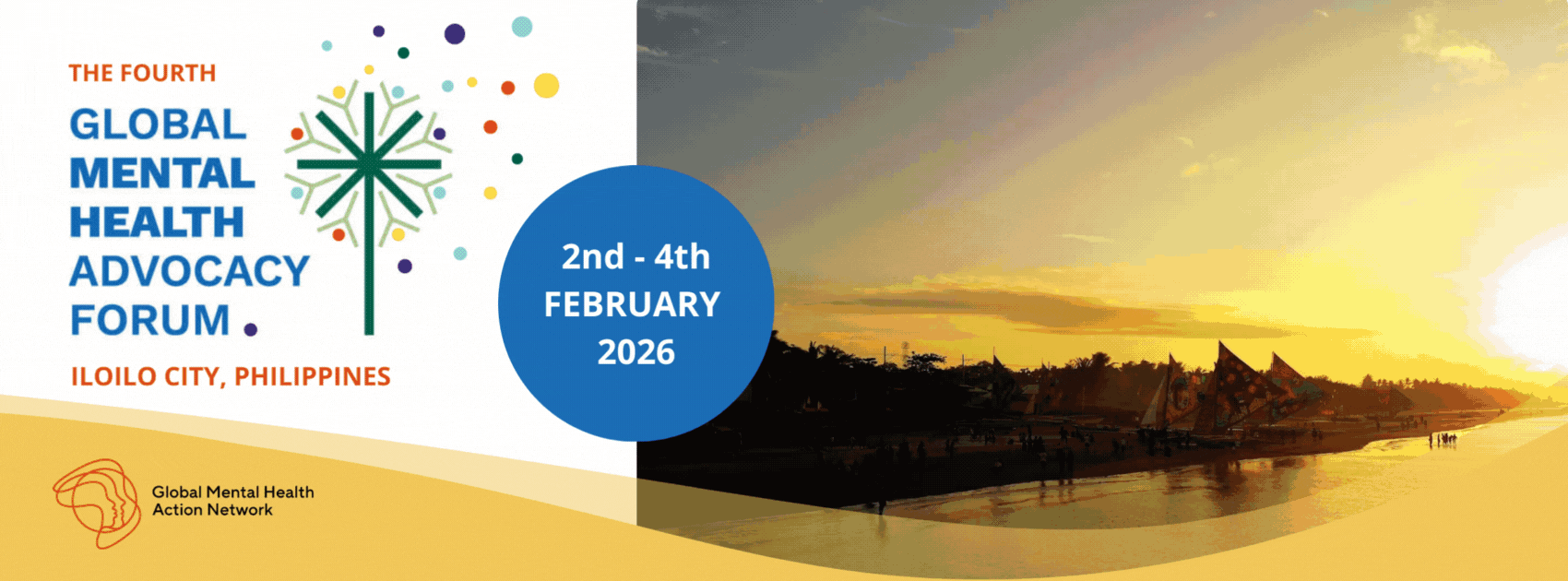
¿Asistirás presencialmente o en línea? Independientemente de cómo asistas, la inscripción es completamente gratuita . La Red de Acción se compromete a reinventar el panorama global de la salud mental y a garantizar que ninguna voz quede excluida .
El plazo de solicitud de becas de viaje ya está cerrado. Se notificará a todos los solicitantes en octubre. Los candidatos no seleccionados se inscribirán como participantes virtuales, pero también tendrán la opción de solicitar una plaza autofinanciada.
¡La mayor convención mundial sobre salud mental se ha vuelto aún más grande ! Hemos cubierto oficialmente el 100% de nuestras plazas presenciales. Sin embargo, debido a la gran demanda , estamos abriendo más espacios para que los miembros nos acompañen en la ciudad de Iloilo para este evento emblemático. Como la inscripción es gratuita, quienes asistan con sus propios fondos solo tendrán que cubrir sus vuelos, alojamiento y manutención durante el viaje. Estimamos un costo de hotel de entre 3000 y 5000 PHP (50-90 USD) por noche .













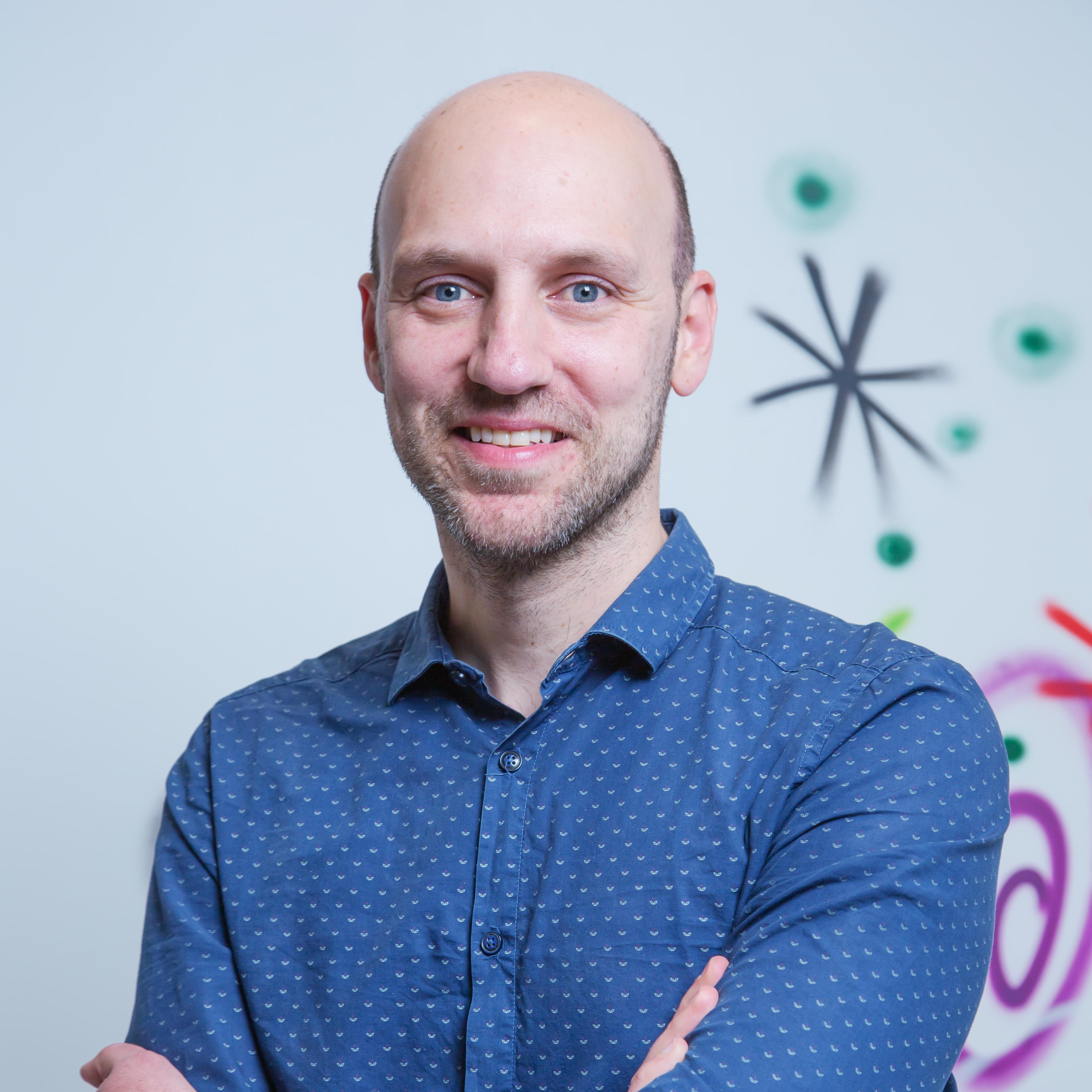

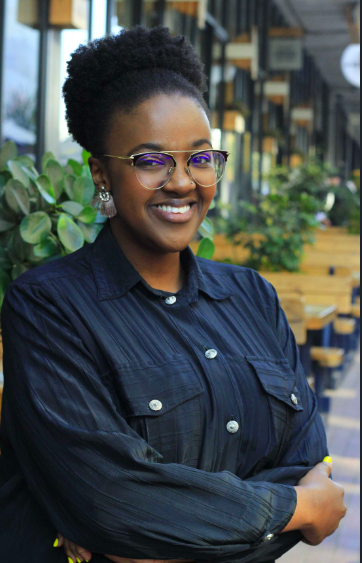






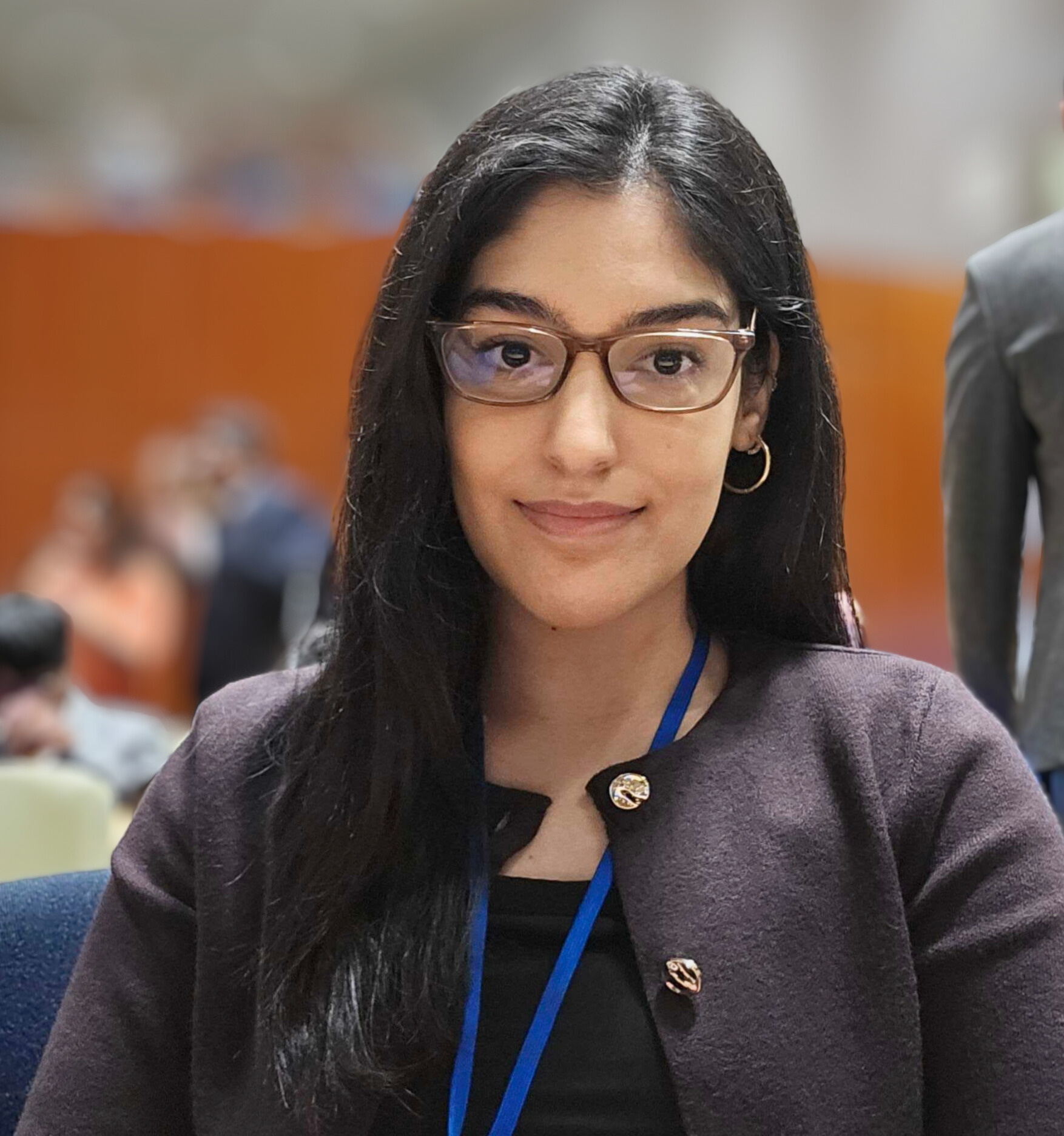

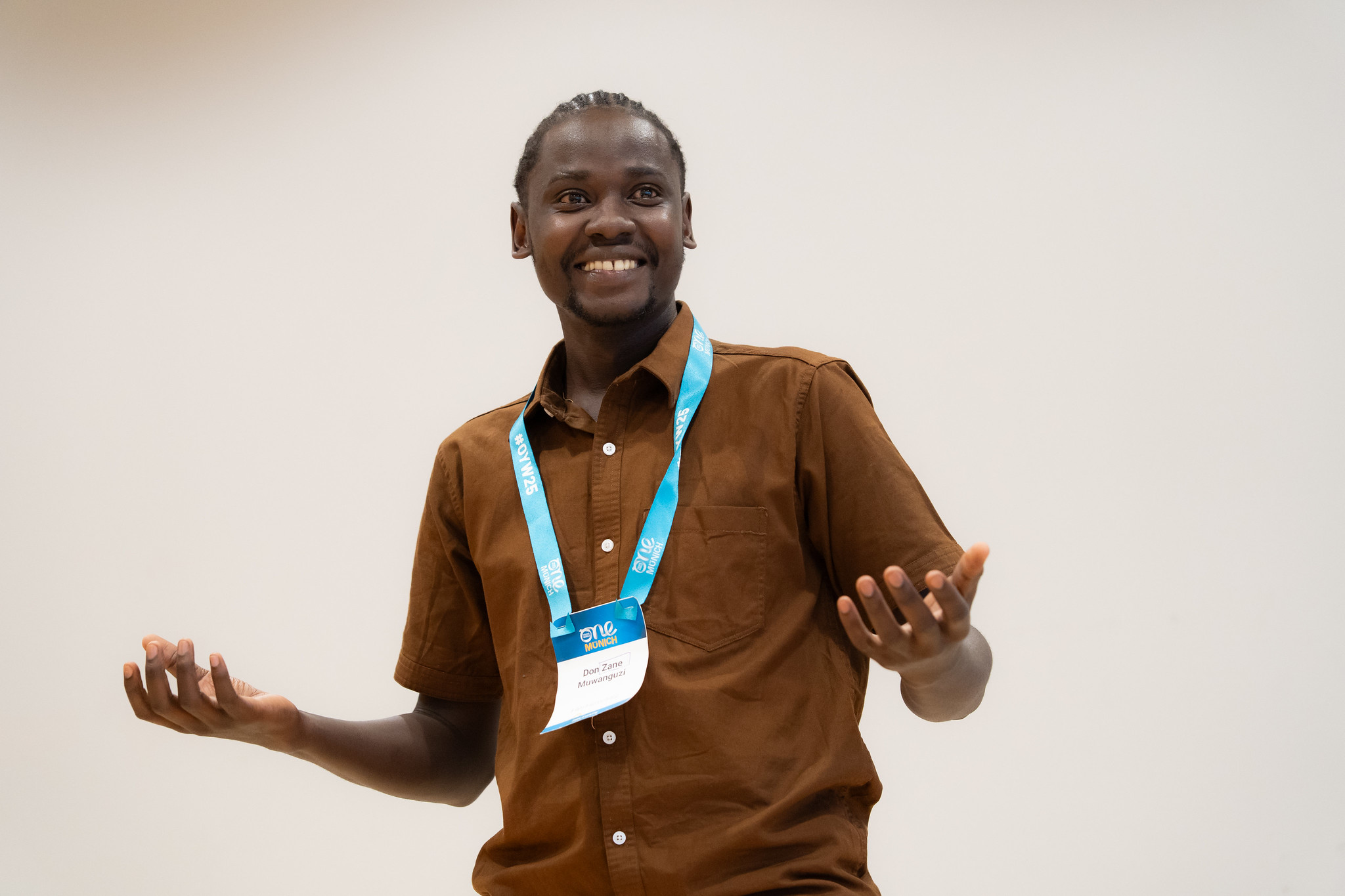









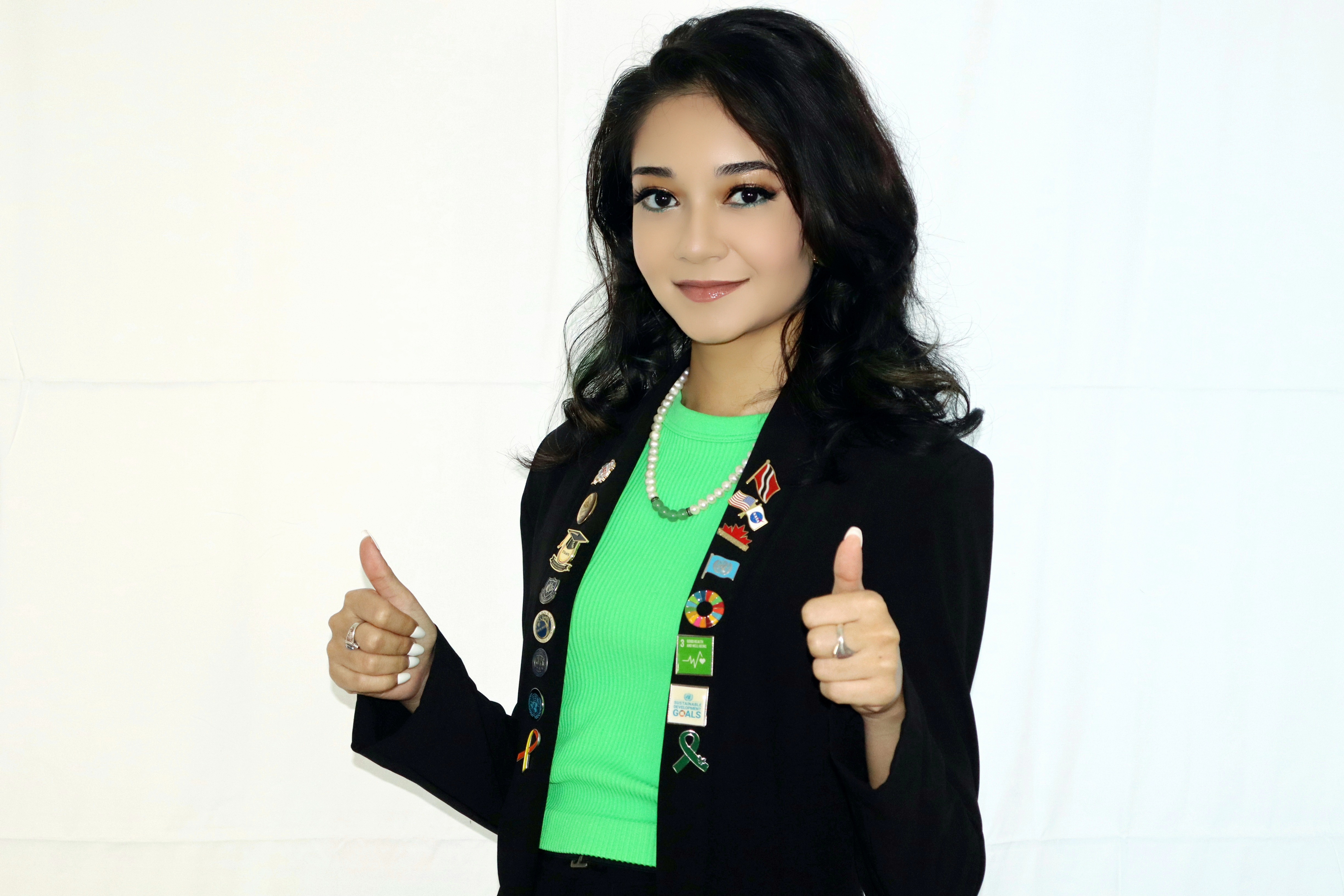

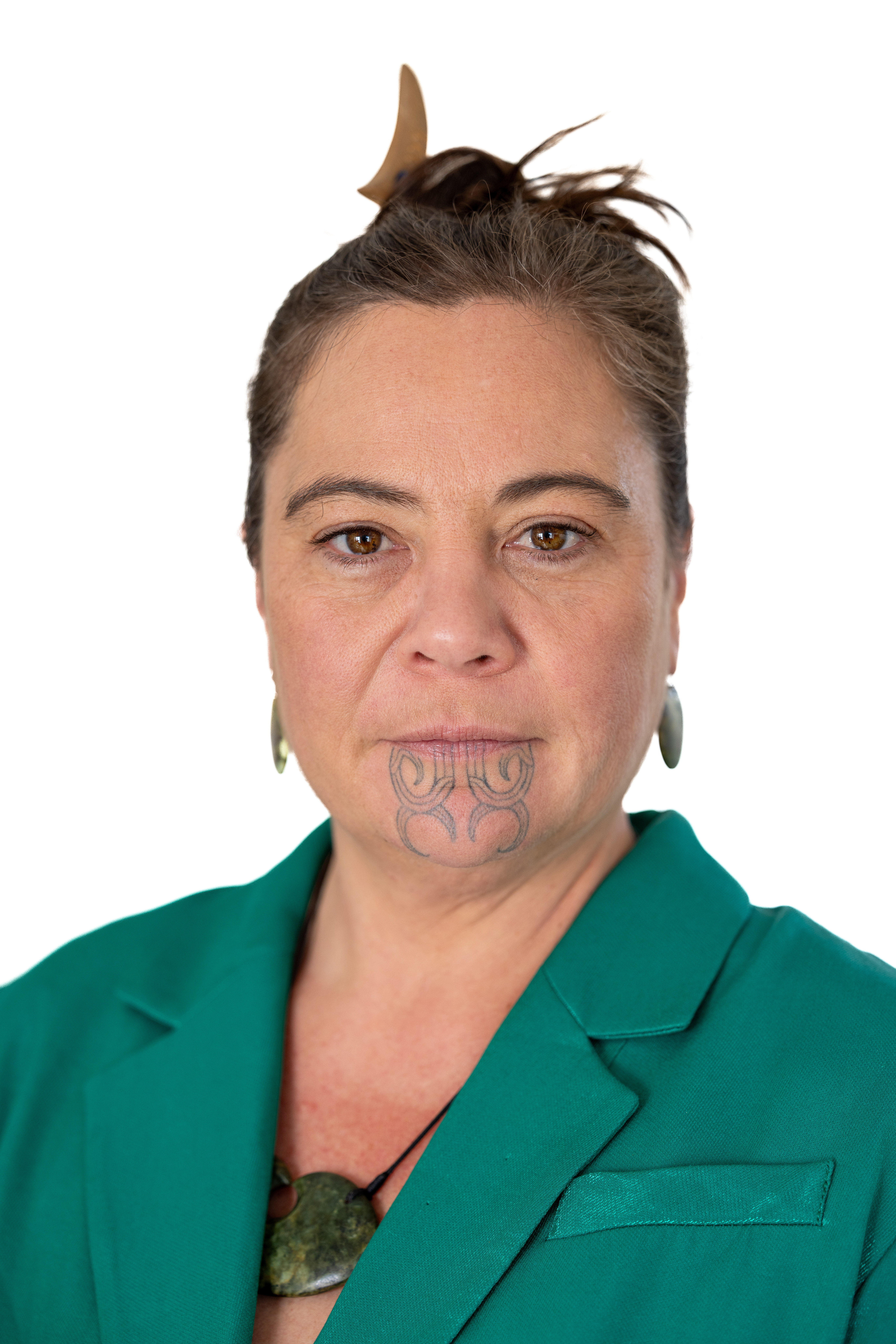


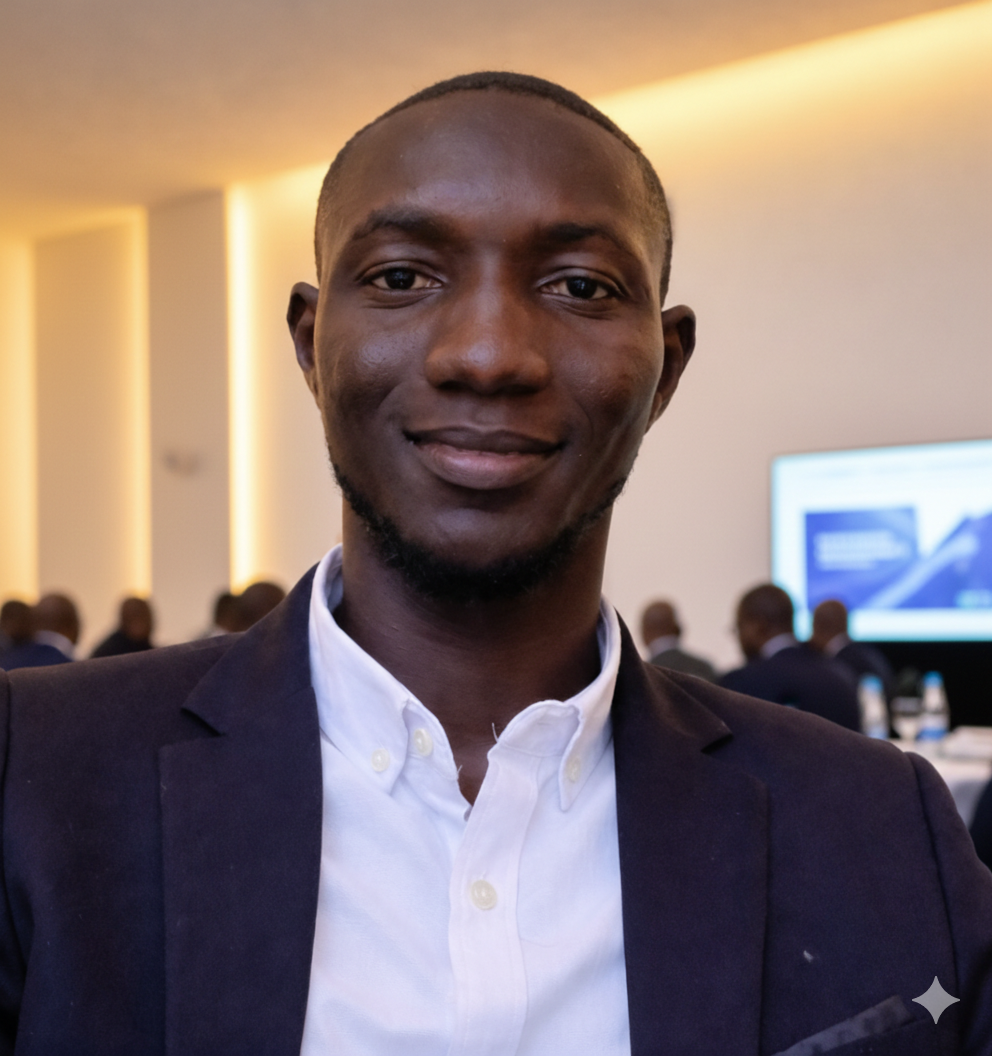



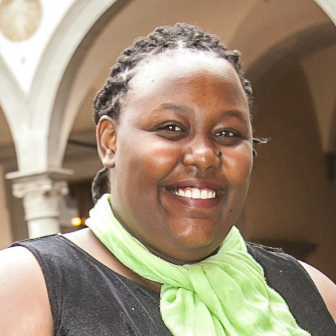





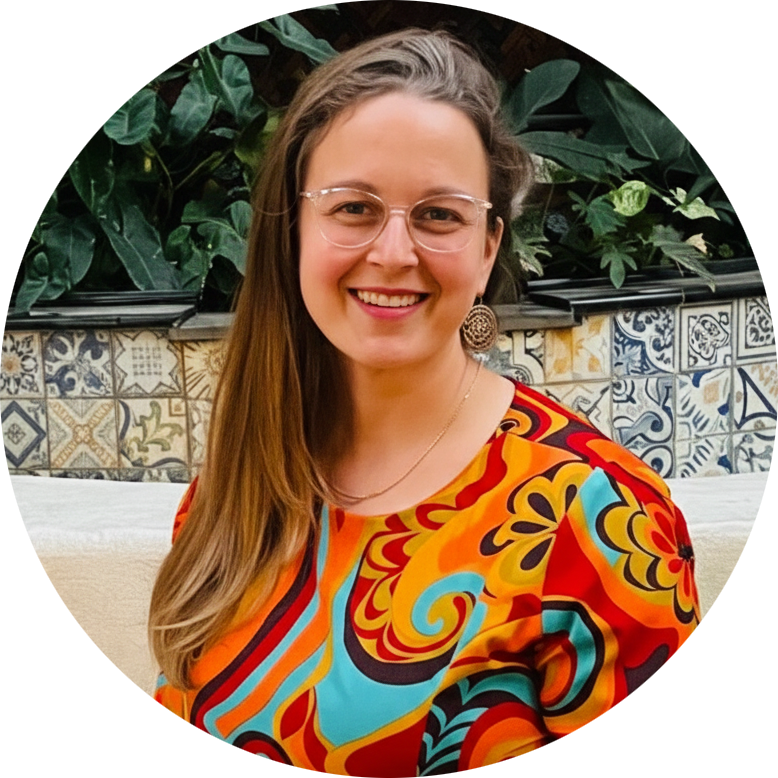








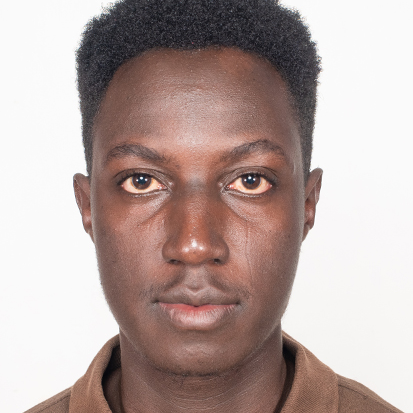
















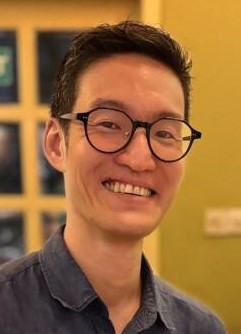




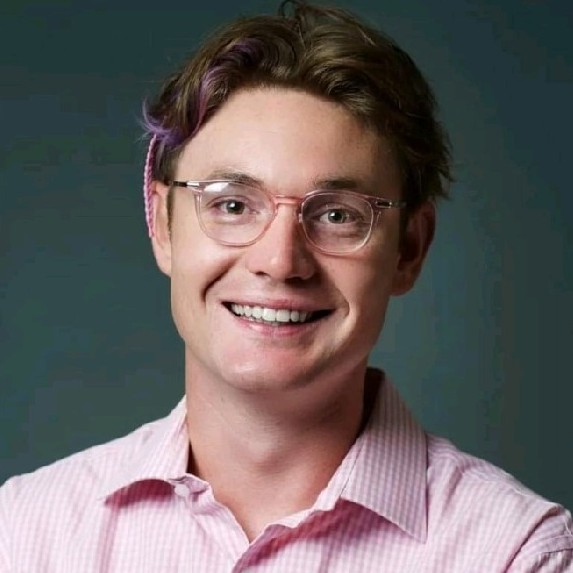



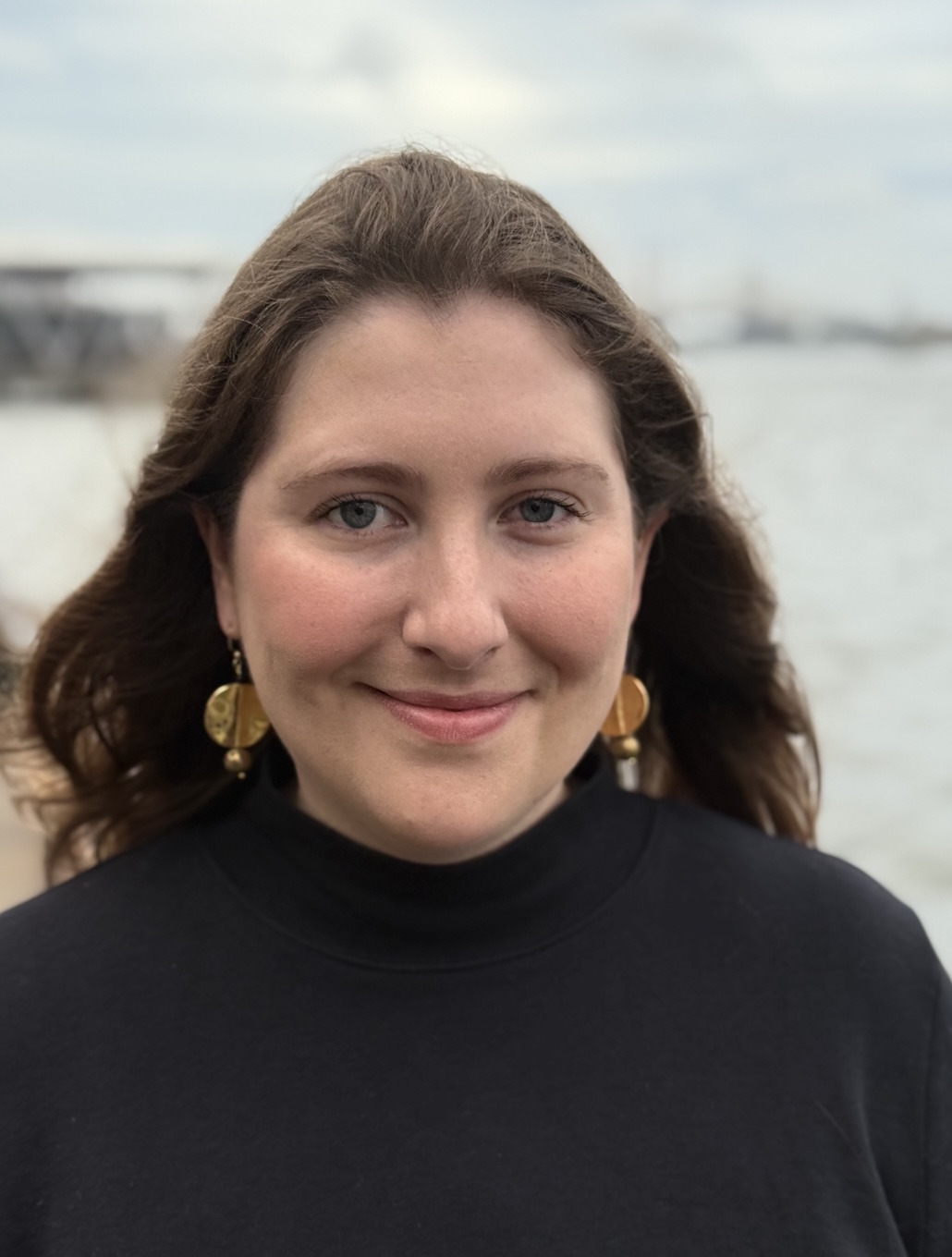

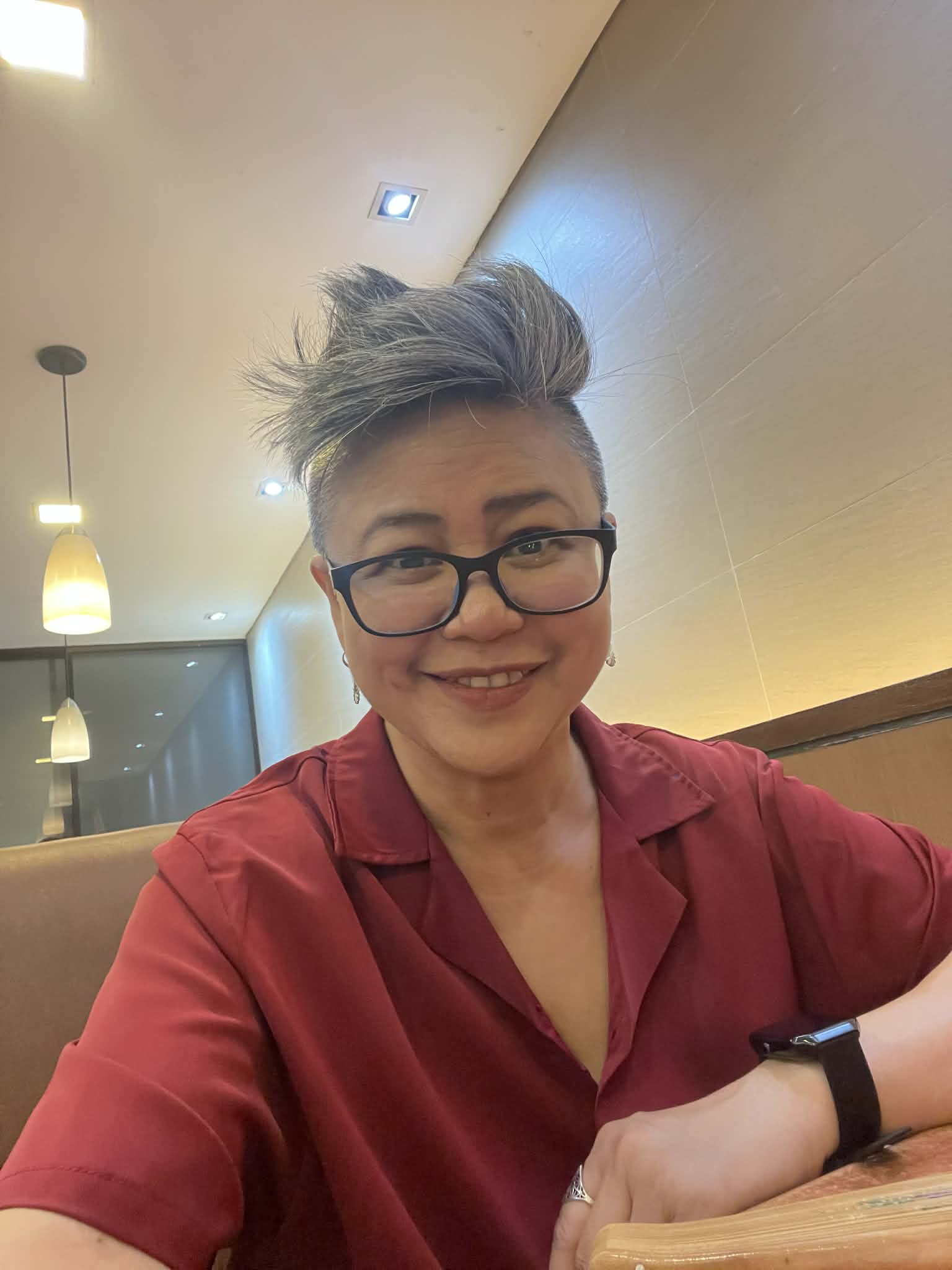







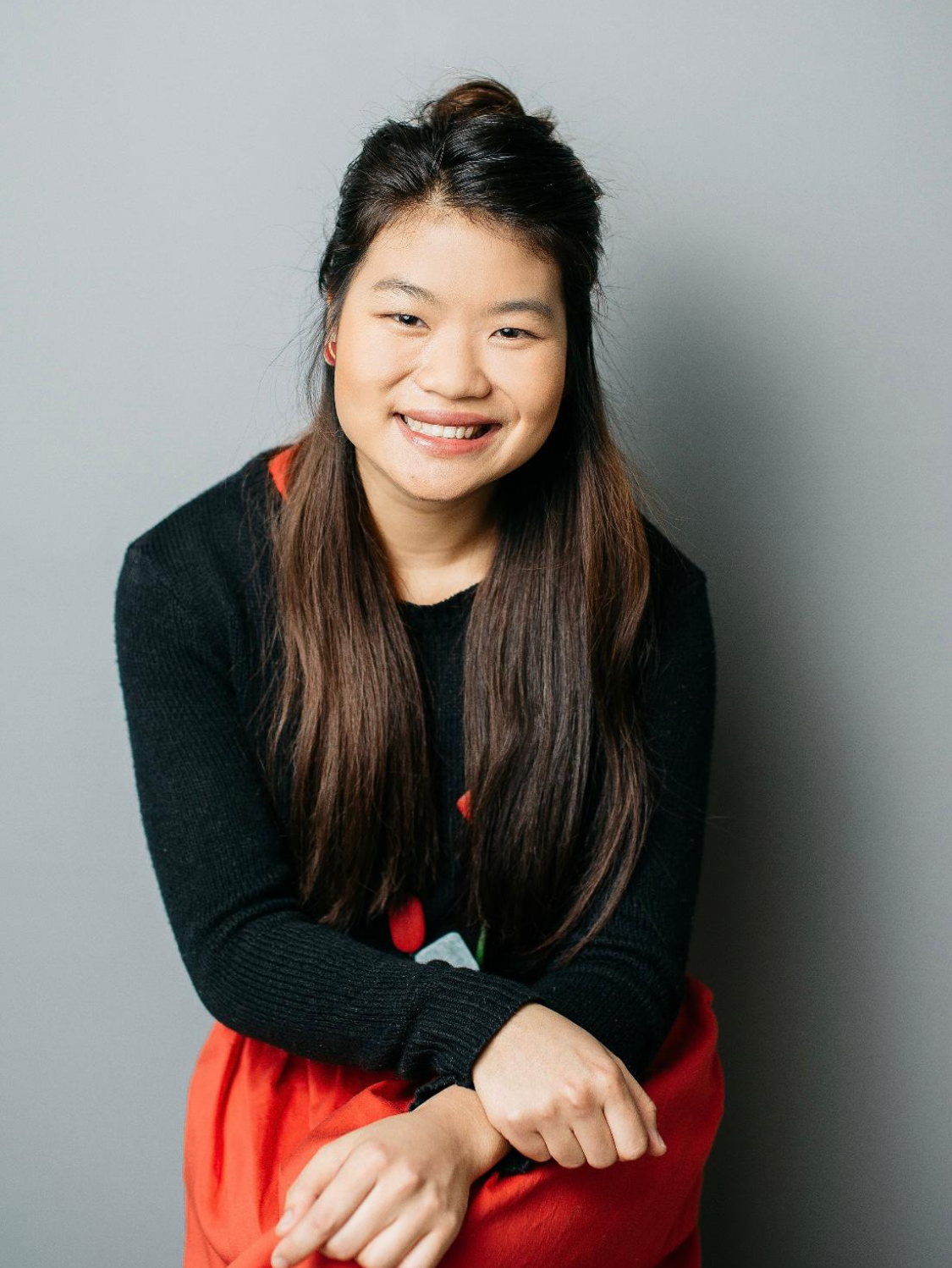















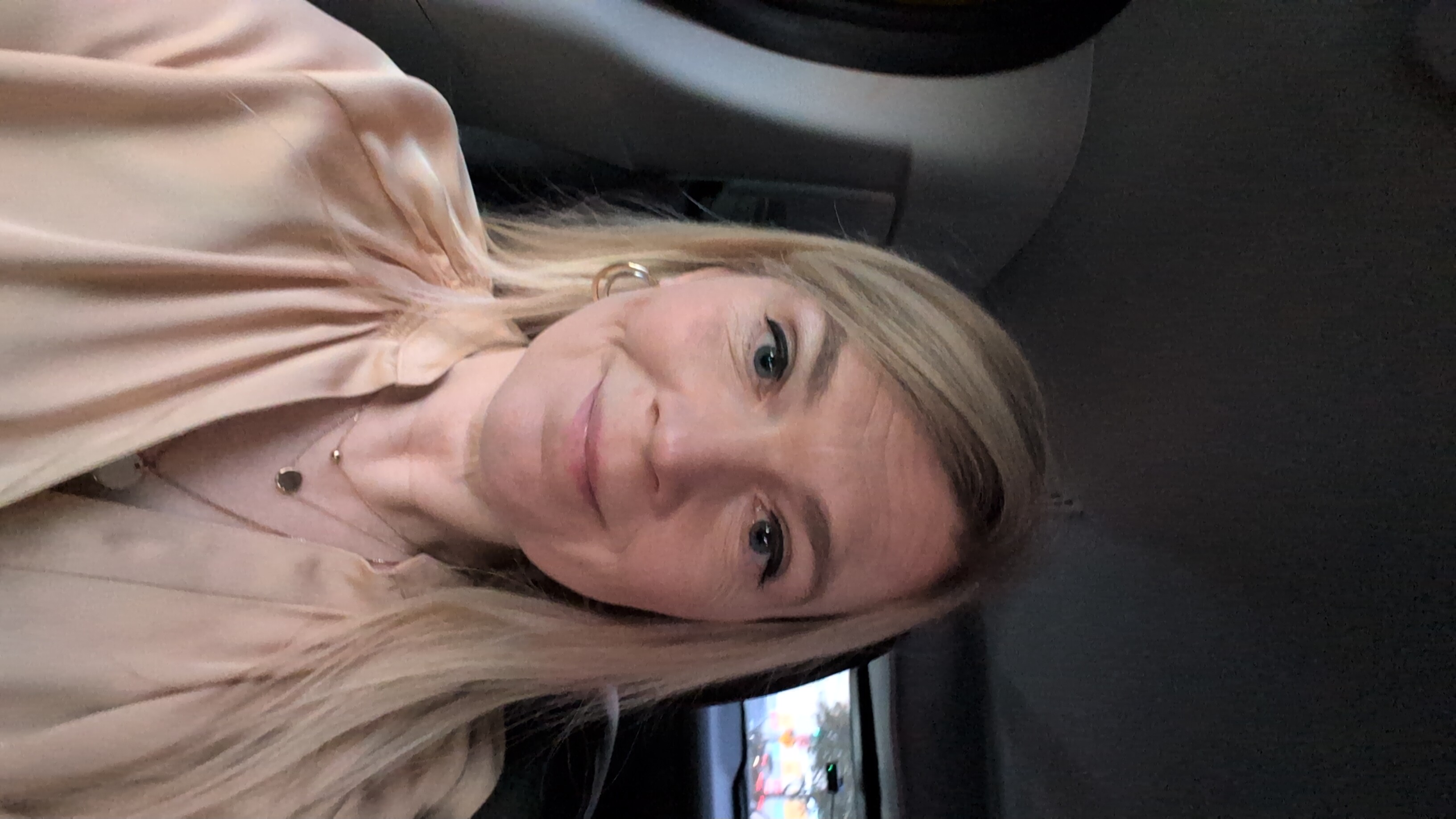













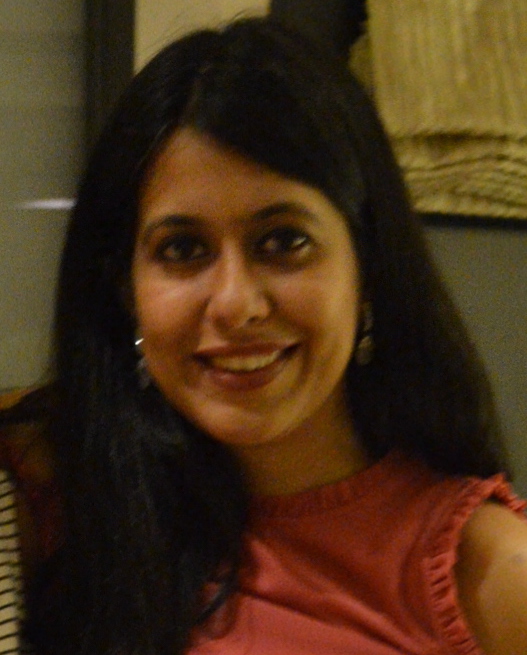

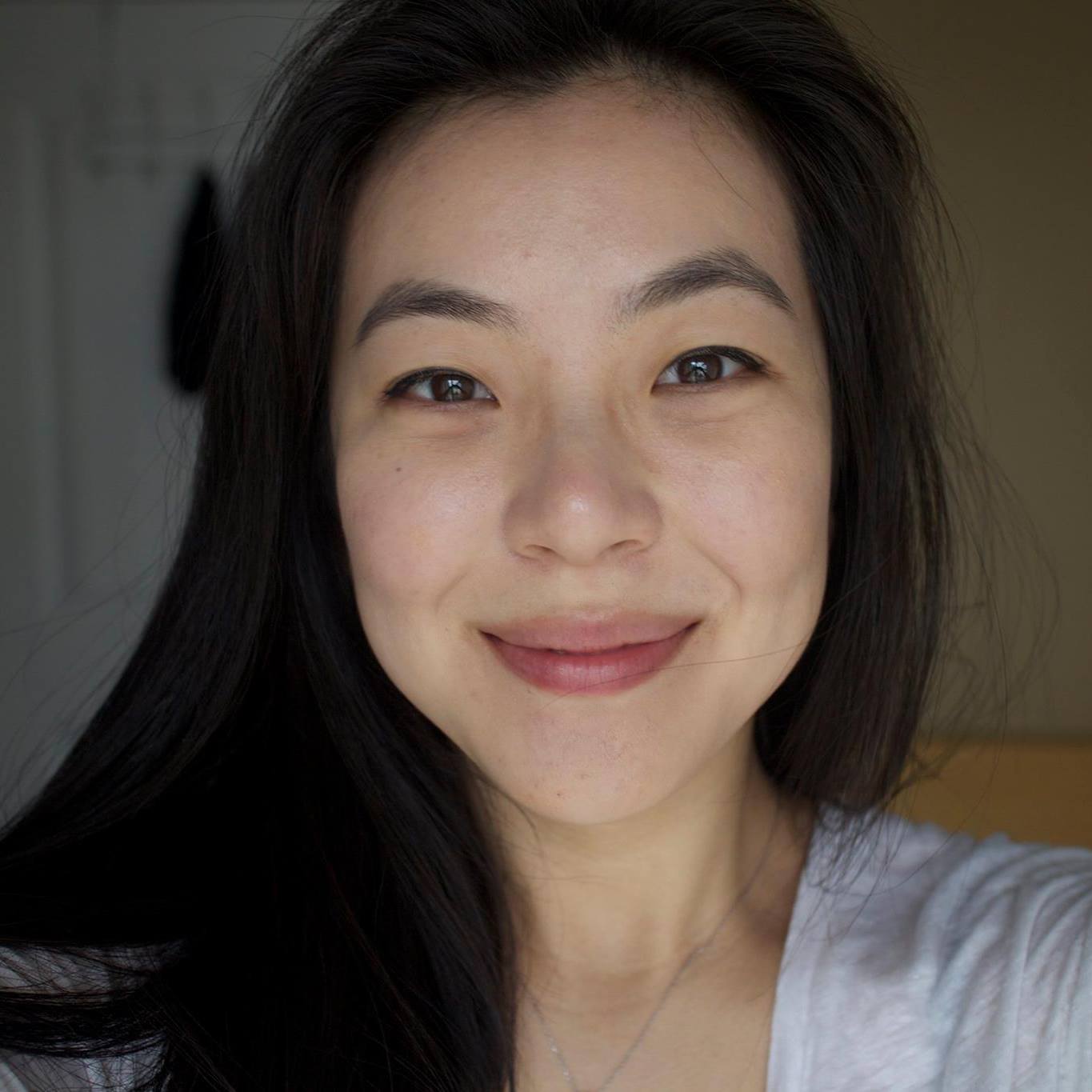













The Philippines has made incredible progress in mental health, from upgraded legislation, to leading digital innovations and significant government funding commitments. There’s so much we can learn from these achievements, as well as the country’s traditional and local approaches to power sharing, healing and community development. Iloilo City is the perfect place to showcase them.
Iloilo is a bold and meaningful choice. The city is known for its progressive approach to sustainability, climate action, and mental health education in schools. It is deeply rooted in history, with preserved heritage sites, and an exciting food scene that landed it the prestigious title of 'UNESCO City of Gastronomy' in 2023. We look forward to welcoming you to the Philippines' 'City of Love' next year!
Filipinas ha logrado avances increíbles en salud mental, desde una legislación actualizada hasta innovaciones digitales de vanguardia y importantes compromisos de financiación gubernamental. Hay mucho que aprender de estos logros, así como de los enfoques tradicionales y locales del país para compartir el poder, la sanación y el desarrollo comunitario. La ciudad de Iloilo es el lugar perfecto para mostrarlos.
Iloilo es una decisión audaz y significativa. La ciudad es conocida por su enfoque progresista en sostenibilidad, acción climática y educación sobre salud mental en las escuelas. Tiene una profunda historia, con sitios patrimoniales preservados y una vibrante oferta gastronómica que le valió el prestigioso título de "Ciudad de la Gastronomía de la UNESCO" en 2023. ¡Esperamos darle la bienvenida a la "Ciudad del Amor" de Filipinas el próximo año!



Fireside conversation with Emma Rawson Te-Patu, President, World Federation of Public Health Associations: “My life in advocacy” - In conversation with Muskan Lamba and Dion Ras, GMHAN young leaders
Fireside conversation with Emma Rawson Te-Patu, President, World Federation of Public Health Associations: “My life in advocacy” - In conversation with Muskan Lamba and Dion Ras, GMHAN young leaders

More fundraising can’t fix your fundraising. And to break this nonprofit starvation cycle, we must tackle the problem differently. So if your income has stalled, stop chasing donations. Gather your leadership team and do this instead: to get funding, be fundable internally and be findable externally before donor acquisition and retention. In this interactive talk, you’ll learn more from bestselling author Kevin L. Brown about the breakthrough Fundable/Findable Framework. Plus, you’ll get real-world exercises to start working on your nonprofit brand, right away.
More fundraising can’t fix your fundraising. And to break this nonprofit starvation cycle, we must tackle the problem differently. So if your income has stalled, stop chasing donations. Gather your leadership team and do this instead: to get funding, be fundable internally and be findable externally before donor acquisition and retention. In this interactive talk, you’ll learn more from bestselling author Kevin L. Brown about the breakthrough Fundable/Findable Framework. Plus, you’ll get real-world exercises to start working on your nonprofit brand, right away.



This session spotlights locally-led mental health work in the Philippines, examining how community-driven advocacy, service delivery, and policy engagement respond to lived realities shaped by crises, inequalities, and persistent systemic gaps. Drawing on experiences from government, civil society, professional associations, service users, and international partners, the discussion surfaces practical lessons on centering persons with lived experience, navigating systemic barriers, and advancing mental health outcomes within complex policy environments. Through a mix of short inputs, guided reflection, interactive map, and audience exchange, the session situates local initiatives within national and global mental health agendas while drawing out transferable insights for advocates and practitioners working in other countries and regional contexts.
This session spotlights locally-led mental health work in the Philippines, examining how community-driven advocacy, service delivery, and policy engagement respond to lived realities shaped by crises, inequalities, and persistent systemic gaps. Drawing on experiences from government, civil society, professional associations, service users, and international partners, the discussion surfaces practical lessons on centering persons with lived experience, navigating systemic barriers, and advancing mental health outcomes within complex policy environments. Through a mix of short inputs, guided reflection, interactive map, and audience exchange, the session situates local initiatives within national and global mental health agendas while drawing out transferable insights for advocates and practitioners working in other countries and regional contexts.




The UN High-Level Meeting (HLM) was a historic milestone, but the urgency to turn political declarations post-HLM into action has never been greater. Seizing this critical momentum, this panel session brings together experts from WHO, UNICEF, Wellcome, and national advocates to strategise in ensuring accountability and lasting reform. Together, we will discuss how governments, UN agencies, and civil society can transform commitments into meaningful and lasting reforms at every level. Join the conversation and directly ensure the post-HLM agenda stays globally relevant by filling our participant survey in this session.
The UN High-Level Meeting (HLM) was a historic milestone, but the urgency to turn political declarations post-HLM into action has never been greater. Seizing this critical momentum, this panel session brings together experts from WHO, UNICEF, Wellcome, and national advocates to strategise in ensuring accountability and lasting reform. Together, we will discuss how governments, UN agencies, and civil society can transform commitments into meaningful and lasting reforms at every level. Join the conversation and directly ensure the post-HLM agenda stays globally relevant by filling our participant survey in this session.



This workshop will offer participants a focused opportunity to contribute their voices and experiences to the Geography of Stigma initiative. By surfacing lived experience examples from diverse regions, we will generate insights that highlight both the shared and unique ways mental health stigma manifests across the world. Facilitated by GMHAN’s Stigma and Discrimination Working Group, the advocacy messages and examples documented here will directly inform the development of the Geography of Stigma online portal and advocacy toolkit, ensuring these resources remain grounded in real-world experiences and are responsive to cultural contexts.
This workshop will offer participants a focused opportunity to contribute their voices and experiences to the Geography of Stigma initiative. By surfacing lived experience examples from diverse regions, we will generate insights that highlight both the shared and unique ways mental health stigma manifests across the world. Facilitated by GMHAN’s Stigma and Discrimination Working Group, the advocacy messages and examples documented here will directly inform the development of the Geography of Stigma online portal and advocacy toolkit, ensuring these resources remain grounded in real-world experiences and are responsive to cultural contexts.



Fireside conversation with Zeinab Hijazi, Global Lead on Mental Health, UNICEF: “My Career in Global Mental Health - How Young People are Driving Change” - In conversation with Murilo Slomka and Zane Muwanguzi, GMHAN young leaders.
Fireside conversation with Zeinab Hijazi, Global Lead on Mental Health, UNICEF: “My Career in Global Mental Health - How Young People are Driving Change” - In conversation with Murilo Slomka and Zane Muwanguzi, GMHAN young leaders.






Influencing policy is central to achieving better mental health for all, but change is rarely linear and success often comes alongside setbacks, shifting priorities, and power dynamics. Drawing on real-world experience, this panel session brings together government representatives, professionals, and mental health advocates to explore what it really takes to shape policy in complex political and institutional environments.
Influencing policy is central to achieving better mental health for all, but change is rarely linear and success often comes alongside setbacks, shifting priorities, and power dynamics. Drawing on real-world experience, this panel session brings together government representatives, professionals, and mental health advocates to explore what it really takes to shape policy in complex political and institutional environments.






Financing mental health can often feel complex, political, and out of reach, even for tireless advocates striving for sustainable change and inclusion. Too often, funding priorities and programme designs are shaped by donor agendas or global frameworks rather than by local needs or the lived experiences of people. This panel discussion with international donors, mental health advocates and decision-makers, will reflect on the urgent need for funding and policies that are sensitive to priorities on the ground to help mitigate the growing mental health crisis at a time of international development funding cuts. Along with the attendees, we will co-produce advocacy strategies and plans for effective system change.
Financing mental health can often feel complex, political, and out of reach, even for tireless advocates striving for sustainable change and inclusion. Too often, funding priorities and programme designs are shaped by donor agendas or global frameworks rather than by local needs or the lived experiences of people. This panel discussion with international donors, mental health advocates and decision-makers, will reflect on the urgent need for funding and policies that are sensitive to priorities on the ground to help mitigate the growing mental health crisis at a time of international development funding cuts. Along with the attendees, we will co-produce advocacy strategies and plans for effective system change.




Too often, young people are seen as beneficiaries of support systems designed for them, rather than partners and leaders shaping those systems. But young people are not passive recipients of care. They are active interpreters of their environments, architects of new languages of wellbeing, and key drivers of cultural and systemic change. For mental health advocacy to be effective, it must centre youth leadership as a structural commitment. Moving from dialogue to deeper reflection, we gather young advocates, researchers, and community builders in this session. Through lived experience, storytelling, and shared learning, this session aims to explore what the next chapter of youth-led mental health advocacy looks like.
Too often, young people are seen as beneficiaries of support systems designed for them, rather than partners and leaders shaping those systems. But young people are not passive recipients of care. They are active interpreters of their environments, architects of new languages of wellbeing, and key drivers of cultural and systemic change. For mental health advocacy to be effective, it must centre youth leadership as a structural commitment. Moving from dialogue to deeper reflection, we gather young advocates, researchers, and community builders in this session. Through lived experience, storytelling, and shared learning, this session aims to explore what the next chapter of youth-led mental health advocacy looks like.

This site uses cookies to provide essential functionalit and, to help us understand how people find and use the site.
Select Accept to consent or Reject to decline non-essential cookies for this use.